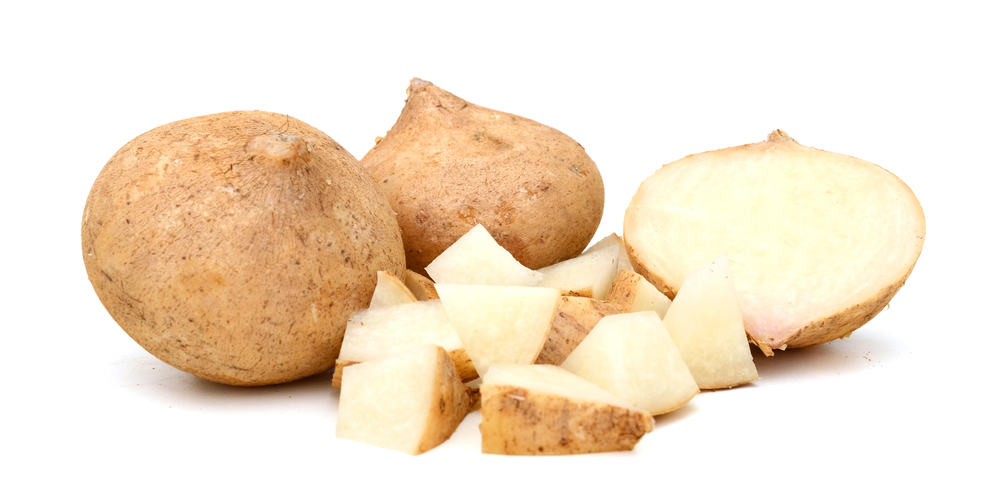Contents:
- Medical Video: Yummy Aloe Vera Jelly Cooking - Aloe Vera Jelly - Cooking With Sros
- Tongue has cells that can feel the taste of food
- How does the tongue recognize taste?
Medical Video: Yummy Aloe Vera Jelly Cooking - Aloe Vera Jelly - Cooking With Sros
This food tastes too sweet, too salty, very sour, and so on. That's how you usually respond to the food you're eating. Taste of food! This is what you certainly enjoy when eating. The taste of good food (in your opinion) can certainly make you eat heartily. However, do you know how the tongue recognizes taste? Find out here.
Tongue has cells that can feel the taste of food
There are four basic flavors that our tongue can taste, namely sweet, sour, bitter, and salty. Also, there is another additional feeling that we can feel according to recent research, namely umami taste. You can feel this taste because there are small receptors on the taste buds. These receptors are mainly in the tongue, palate, and behind the esophagus.
The average adult has 10,000 taste buds that can renew themselves every two weeks. But, the older a person is, the cells in the taste bud may not renew themselves. Older people only have about 5,000 taste buds that work. This is why older people may not be able to feel the taste of food as well as young people. One more thing, smokers may be worse at feeling food. This is because smoking can reduce the number of taste buds.
You cannot see this taste bud with the naked eye. The small white or pink color on your tongue is actually called papilla, not taste buds. Each papilla consists of an average of six taste buds.
How does the tongue recognize taste?
Tongue can recognize taste because there are taste buds. These taste buds have very sensitive microscopic hair called microvilli. Well, in microvilli these are sensory nerves that can bring messages to the brain about the taste of the food you feel, whether salty, sweet, sour, or bitter.
Tongue is not alone. Yes, the tongue is accompanied by a nose that helps it feel the taste of food. How to? At the very top of the nose there are olfactory receptors that contain special cells that help you to smell food. When you chew, the chemical compounds from food are released into your nose. These chemical compounds trigger olfactory receptors in the nose that work with taste buds in sending food flavor information to the brain. By the brain, then this information is translated into sweet or salty or bitter or sour taste.
This also explains why when your nose is blocked, you may not be able to feel the taste of food properly. Every food you eat may feel a little bland when you are sick. This can then reduce your appetite.












